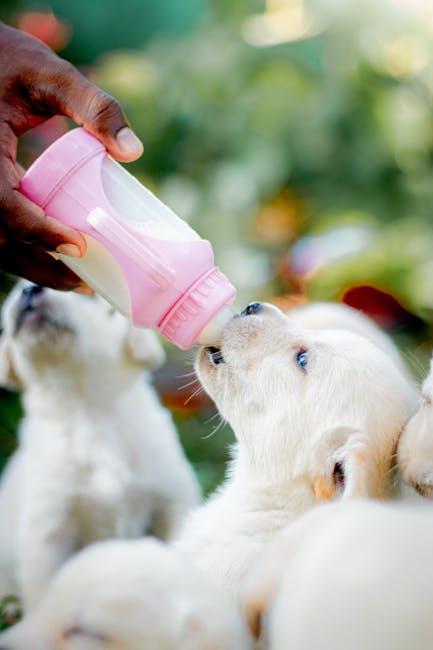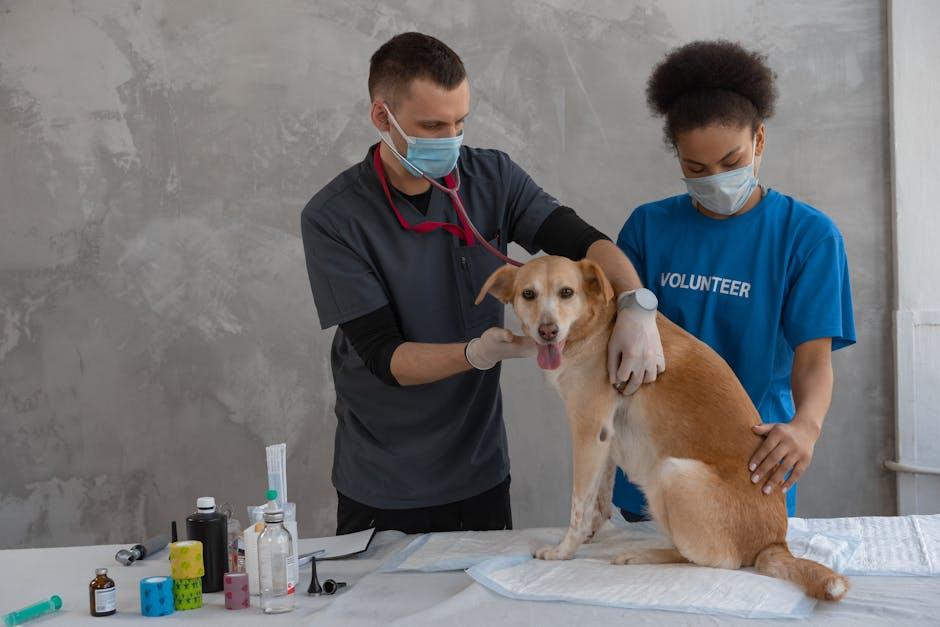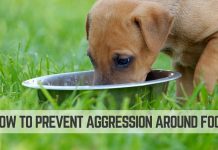Welcoming a new puppy into your home is an exciting and heartwarming experience, filled with playful moments and boundless affection. However, with this joy comes the important responsibility of ensuring your furry friend grows up healthy and strong. As a dedicated pet owner, understanding the essentials of puppy health care is crucial in nurturing a happy and thriving companion. This guide offers you a comprehensive overview of the fundamental health care practices every puppy owner should know, from vaccinations and nutrition to regular check-ups and preventive measures. With a warm and caring approach, we’ll equip you with the knowledge needed to give your puppy the best start in life, setting the foundation for a long-lasting and loving relationship.
Choosing the Right Nutrition Plan for Your Puppy
Finding the perfect nutrition plan for your puppy can be a delightful journey filled with wagging tails and curious sniffs. Puppies, with their boundless energy and rapid growth, require a diet that supports their development. It’s essential to focus on a balanced diet that includes the right mix of proteins, fats, and carbohydrates, tailored to their specific breed and size. Consulting your veterinarian is a great starting point, as they can provide insights into the best dietary needs for your little one.
- High-Quality Proteins: Opt for sources like chicken, beef, or fish to support muscle growth.
- Essential Fats: Ingredients such as fish oil or chicken fat can help in brain development and maintaining a shiny coat.
- Complex Carbohydrates: Whole grains like brown rice or oats provide the necessary energy for playtime.
Incorporating fresh vegetables and fruits can also enhance your puppy’s meal plan, offering vital vitamins and minerals. However, always ensure these additions are safe and puppy-friendly. Remember, every puppy is unique, and what works for one may not work for another. Pay attention to your puppy’s behavior and health, and adjust the diet accordingly to ensure they grow up healthy and strong.

Creating a Safe and Stimulating Environment for Your New Friend
Welcoming a new puppy into your home is an exciting adventure, but it’s essential to create an environment that is both safe and stimulating for your furry friend. Puppies are naturally curious and energetic, and they thrive in spaces where they can explore and play freely. Here are some ways to ensure your home is the perfect haven for your new companion:
- Secure Hazards: Puppies are notorious for getting into everything. Ensure that electrical cords are out of reach, harmful substances like cleaning products are securely stored, and small objects that could be swallowed are picked up. Consider using baby gates to block off areas that are not puppy-proofed.
- Provide Enrichment: To keep your puppy mentally stimulated, offer a variety of toys that cater to different types of play. Puzzle toys, chew toys, and interactive toys can help keep your puppy engaged and reduce the likelihood of destructive behavior.
- Comfortable Rest Areas: Create cozy spaces where your puppy can relax and feel secure. A comfortable bed or crate can provide a safe retreat when they need a break from the excitement.
By carefully crafting a nurturing environment, you not only protect your puppy from potential dangers but also encourage healthy development and happiness. Remember, a well-adjusted puppy is a joy to be around and will grow into a confident and loving companion.

Understanding and Scheduling Essential Vaccinations
Ensuring your puppy receives the right vaccinations at the right time is a cornerstone of responsible pet ownership. These vaccinations are not only vital for your puppy’s health but also play a crucial role in public health by preventing the spread of contagious diseases. Here’s a guide to help you navigate the world of puppy vaccinations with confidence.
- Core Vaccinations: These are considered essential for all puppies, regardless of their lifestyle. Core vaccines include those for canine parvovirus, distemper, canine hepatitis, and rabies. These vaccinations protect against potentially fatal diseases and are usually administered in a series starting from 6-8 weeks of age.
- Non-Core Vaccinations: Depending on your puppy’s environment and lifestyle, your veterinarian may recommend additional vaccines. These could include those for Bordetella (kennel cough), Lyme disease, and canine influenza. It’s essential to discuss your puppy’s specific needs with your vet to tailor a vaccination schedule.
To keep your puppy’s vaccinations on track, it’s helpful to create a schedule. Many veterinarians offer reminders and can assist in setting up appointments to ensure your puppy receives their vaccines at the appropriate intervals. By keeping a vaccination record, you can easily track which vaccines have been administered and when the next ones are due. This not only helps in maintaining your puppy’s health but also provides essential documentation for travel, boarding, and socialization activities.
















